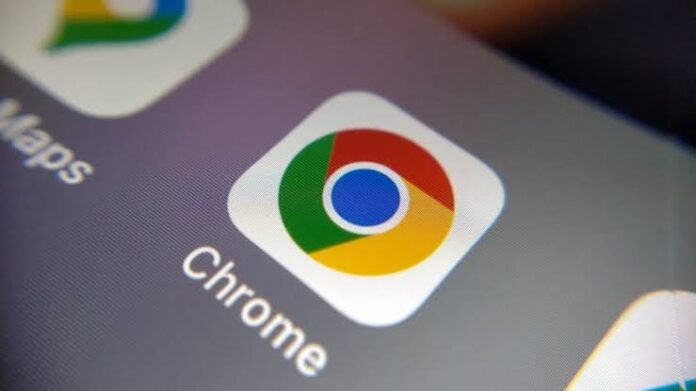A court will not force Google to sell off its Chrome browser or Android, a federal judge said in a court filing on Tuesday. The decision serves as a significant win for the tech company, which has avoided the most extreme possible outcome from a landmark antitrust case that determined the company was operating an illegal online search monopoly.
Although Google will not be forced to sell of its Chrome browser or Android, it will have to make certain search data available to qualified competitors to promote competition. It will also be barred from entering into or maintaining exclusive contracts related to the distribution of services like Chrome, Search, the Google Assistant and its Gemini app.
Those agreements provide a significant source of revenue for Google and broad access to its services, although the company had proposed ditching those contracts as a potential remedy in the case. US District Court Judge Amit Mehta said in a ruling Tuesday that he had accepted Google’s proposed remedies, in part.
The trial put Google’s core business under a microscope at a time when it is already under threat of being toppled by AI chatbots. And it comes as the company is also gearing up to defend the operation of its online advertising business after it, too, was found to be an illegal monopoly earlier this year.
“Google will not be required to divest Chrome; nor will the court include a contingent divestiture of the Android operating system in the final judgment,” the filing read.
Google did not immediately respond to a request for comment.
The ruling was closely watched across Silicon Valley, as other major tech giants are also fighting antitrust cases brought by the US government.
Mehta wrote that the rise of generative AI tools have “changed the course of this case,” adding that ensuring Google’s dominance in search doesn’t “carry over into the GenAI space” was a key part of the remedies proceedings.
“And, unlike the typical case where the court’s job is to resolve a dispute based on historic facts, here the court is asked to gaze into a crystal ball and look to the future,” he wrote. “Not exactly a judge’s forte.”
Mehta ruled last fall that Google had violated US antitrust law with its search business, writing that the company “is a monopolist, and it has acted as one to maintain its monopoly.”
In the weekslong “remedies” portion of the trial, Google argued that the Justice Department’s proposed solutions would harm consumers by making it harder to access their preferred search engine and could stunt the US economy and American tech leadership. Chrome leader Parisa Tabriz testified that forcing Google to sell off Chrome would result in a “shadow of the current” web browser and would likely make it “insecure and obsolete.”
Google has for years inked exclusive, multibillion-dollar contracts with device makers like Apple to secure its position as the default search provider on smartphones and web browsers, encouraging its dominance giving it what the court sees as being an unfair advantage that relies on consumer habit rather than choice. By 2020, 95% of all US search queries on mobile devices went through Google, Mehta noted in his opinion.
The move to prevent Google from entering into exclusive distribution deals is the court’s way of leveling the playing field. Google will be barred from entering into agreements that require companies to preload Google Search, Chrome, the Google Assistant or Gemini in order to license its popular Google Play app store.
CNN





